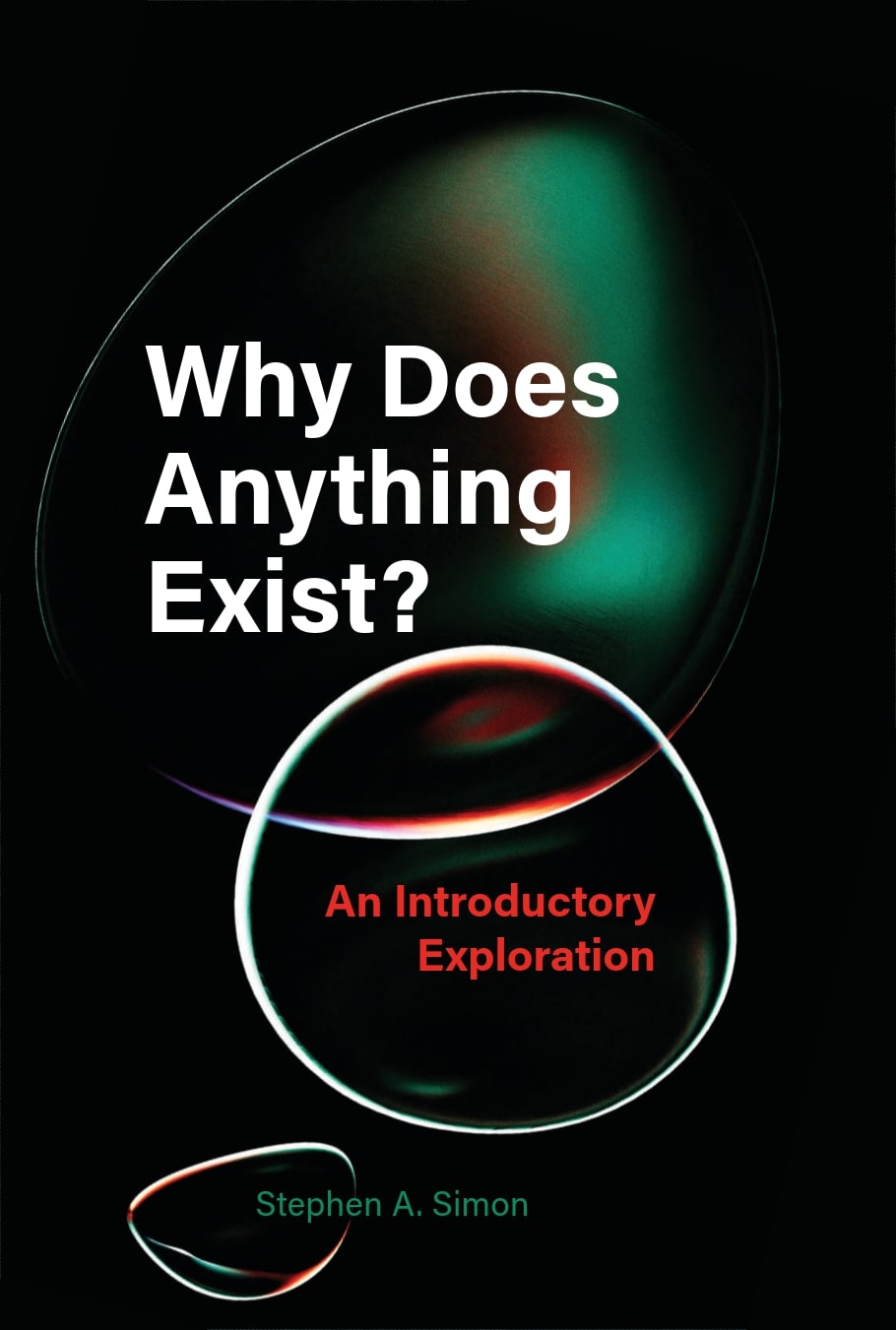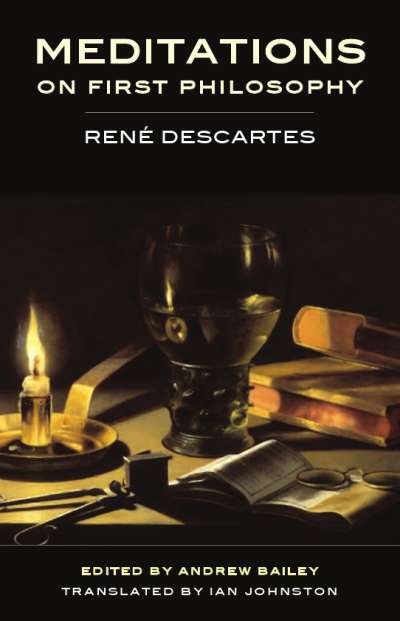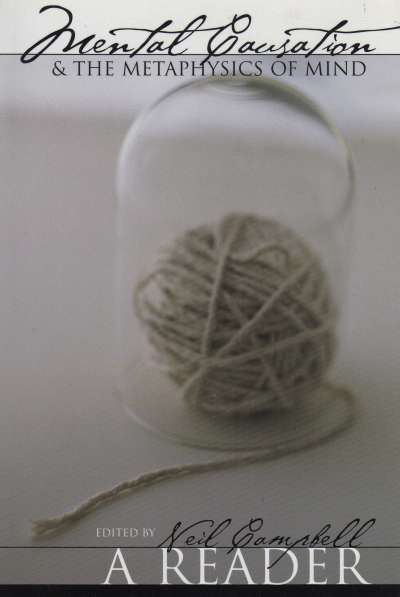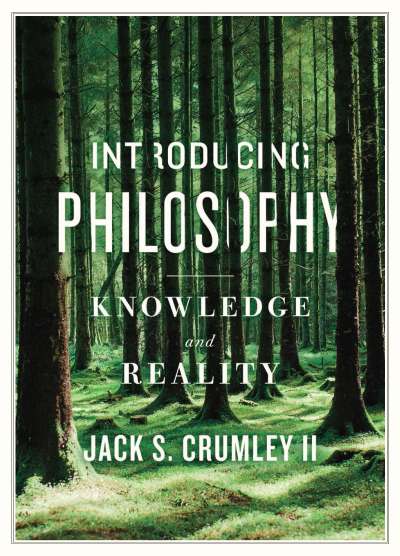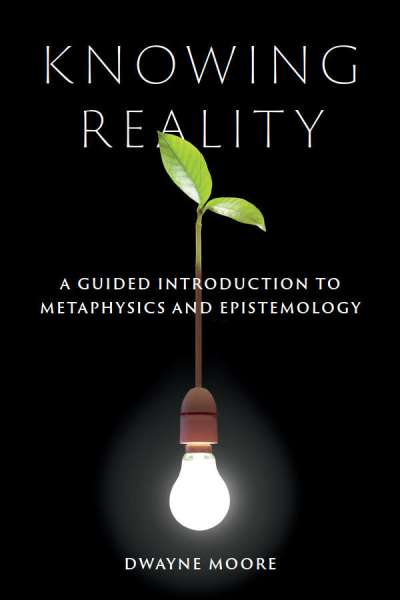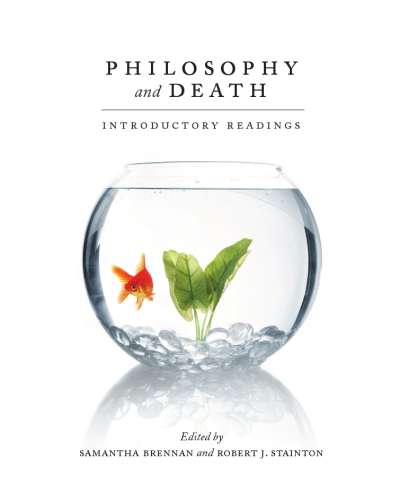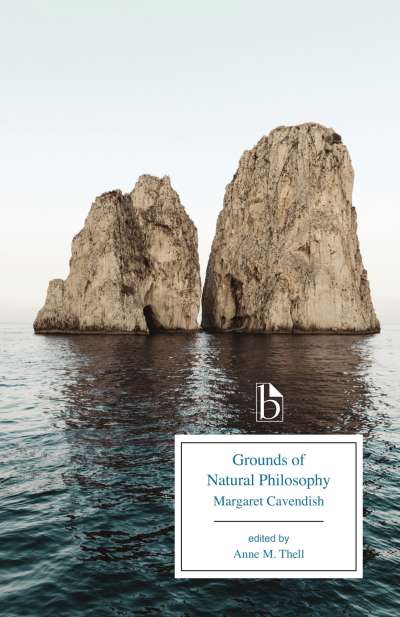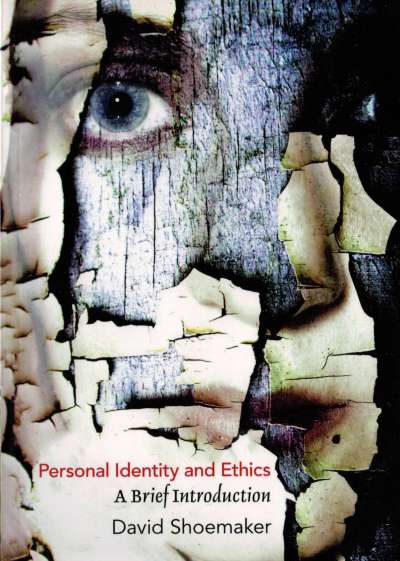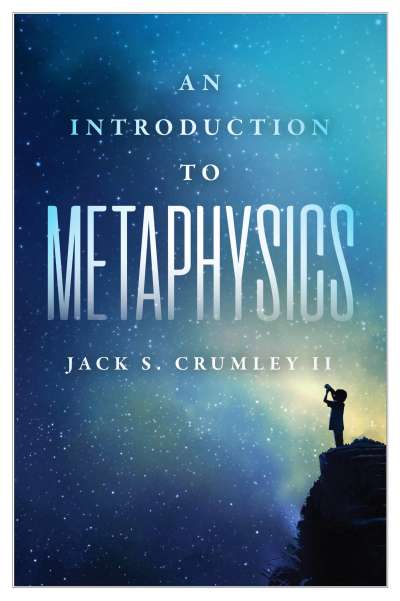Why is there something, rather than nothing? This simple yet confounding question resonates with almost every curious person. In this thoughtful and provocative book, Stephen A. Simon surveys five answers that have been offered to this question from a variety of perspectives: science, religion, philosophy, and even mathematics. Framed by a careful explication of the history and meaning of its central question as well as a critical discussion of its legitimacy and significance, this book offers an exciting entry point to this topic for students and general readers alike.
Comments
“Humans seek explanations for everything, but what could possibly explain the most fundamental fact of all—that anything exists? With clarity and depth, this book carries readers on a fascinating and balanced journey through science, philosophy, and history’s greatest ideas, weaving together answers from mathematics to meaning, from law to God. More than a survey, it unfolds as a narrative of wonder and discovery, showing how every proposed explanation reaches beyond the puzzle itself to touch on questions of purpose, significance, and what it means to find our place in the cosmos.” — Robert K. Garcia, Baylor University
“Drawing from a wide array of historical and contemporary sources, Why Does Anything Exist? addresses the title question in an accessible and engaging way, touching on issues in metaphysics, epistemology, ethics, and philosophy of religion. In doing so, it provides a historically sensitive entry into one of the most fascinating—and most perplexing—questions in philosophy. It is an excellent text for introductory courses in metaphysics, as well as in philosophical thinking more generally; more advanced scholars will likewise benefit from its many careful, insightful discussions.” — Kevin Morris, Tulane University of Louisiana
“Stephen A. Simon’s Why Does Anything Exist? offers a clear and engaging overview of one of philosophy’s oldest puzzles. There are no easy answers, but Simon shows that grappling with this question nevertheless sheds light on the nature of explanation and our place in the cosmos. Accessible yet nuanced, this book offers an excellent resource for students, instructors, and any reader drawn to the mystery of existence.” — August Faller, University of the Fraser Valley

